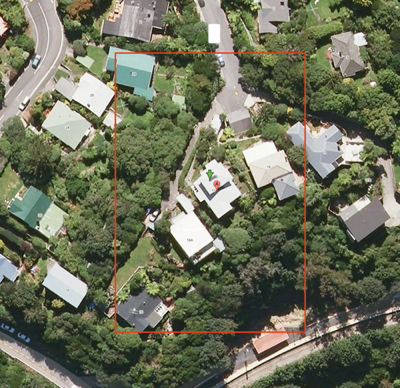I've become a bit weary of the process of public vulnerability disclosure - I'm much more likely nowadays to just drop companies an anonymous notice and move on. Every so often, though, I come across an issue so egregious that talking about it publicly seems like an imperative. This is one of them.
First, some background. Skout is a location-based mobile social network. The idea is to allow people to meet others in their area, semi-anonymously, get to know them, and then perhaps line up a meeting in meatspace. As far as I can tell, a huge fraction of the userbase are singles, using Skout as an ad-hoc dating app. Skout's scale is significant - they don't release exact user numbers, but I've seen claims of more than 10 million users, and a growth rate of a million users per month.
In 2012, Skout went through a major PR catastrophe, when its service was linked to no fewer than 3 separate rapes of children by adult men posing as teenagers. Skout immediately suspended the service for teenagers and went through a security re-vamp. A month later, teens were allowed back, with Skout making much of its new safety system, "advanced, proprietary algorithms" to weed out stalkers, and its long-term commitment to community safety.
Given this background, the problem I found is simple but devastating. The Skout mobile application talks to Skout's servers through a simple API. When a user's profile is viewed an unencrypted, plain-HTTP request is made to to a path like this:
http://i22.skout.com/services/ServerService/getProfile
What's returned is a blob of XML containing the user's complete profile data. In fact, the profile data is too complete, including some bits of data information that is never actually used by the app. For example, we can see the user's exact date of birth:
<ax213:birthdayDate>xx/xx/1995</ax213:birthdayDate>
... but only the user's age in years is actually displayed. Most serious, however, is the high-precision location information that is returned in the ax213:homeLocation and ax213:location tags:
<ax213:latitude>-xx.xxx</ax213:latitude>
<ax213:longitude>xxx.xxx</ax213:longitude>
The three decimal places of precision in the co-ordinates is enough to locate a user to within about 110 meters north-south, and substantially less than that east-west depending on the distance from the equator. Here's what that looks like in a hypothetical example:
I used mitmproxy to observe Skout's traffic, but because the request is unencrypted any tool that allows you to inspect network traffic would be enough. The result is a stalker's wet dream - click on an anonymous profile, watch your network traffic, and find out exactly where the victim lives. I've also seen minors located at malls where they hang out, and at their schools... Given the scale of Skout's userbase and the ease with which the data can be obtained, I think there's a high likelihood that this issue has already been used for unsavoury purposes.
I reported the vulnerability to Skout on the 24th of May. I'm happy to report that they immediately realised the seriousness of the situation, and their API stopped returning exact lat/long values a few hours later. Subsequent correspondence with Niklas Lindstrom, Skout's CTO, confirmed that they were taking steps to tighten security. I've encouraged Skout to speak about this publicly - their userbase needs to know about the issue, and need to be reassured that action is being taken to ensure that this type of privacy breach won't ever recur.
